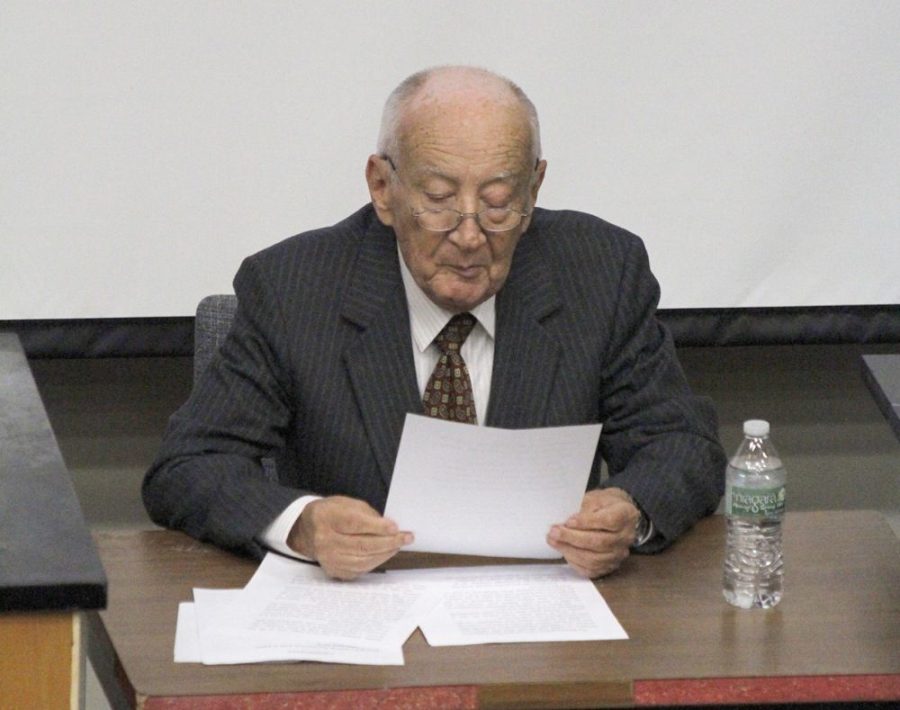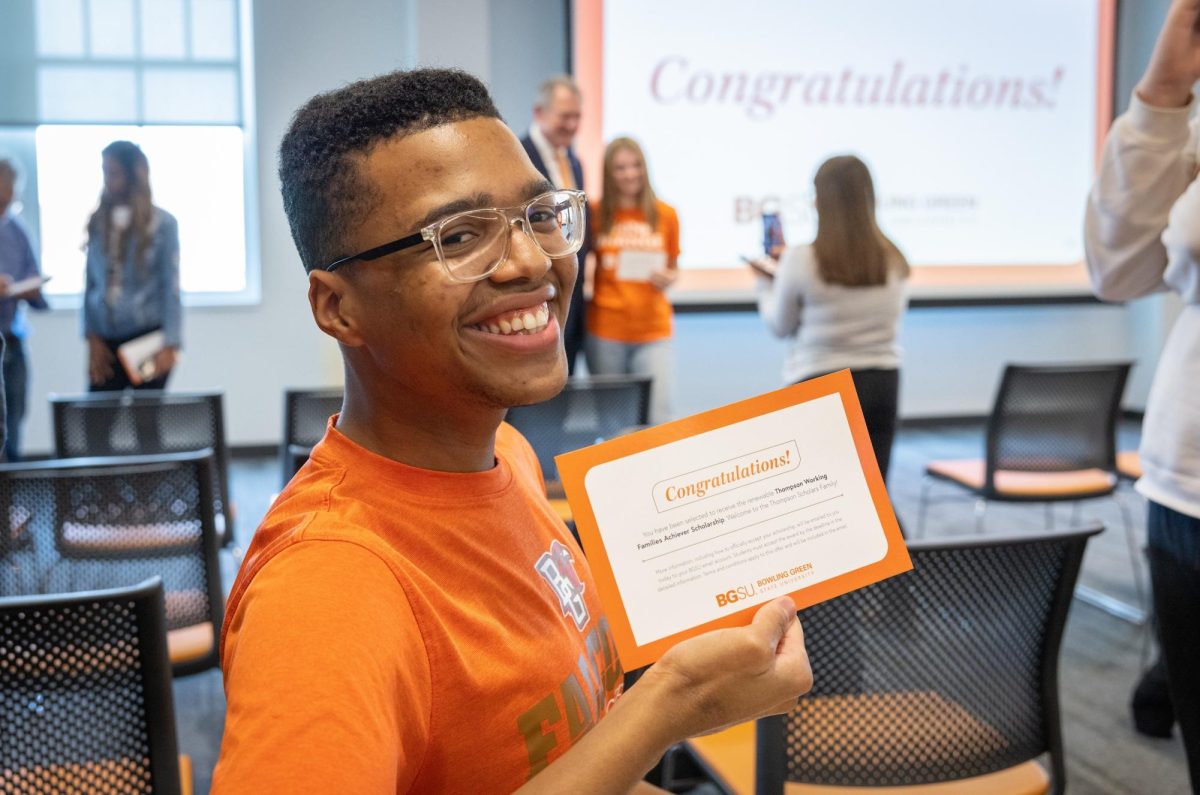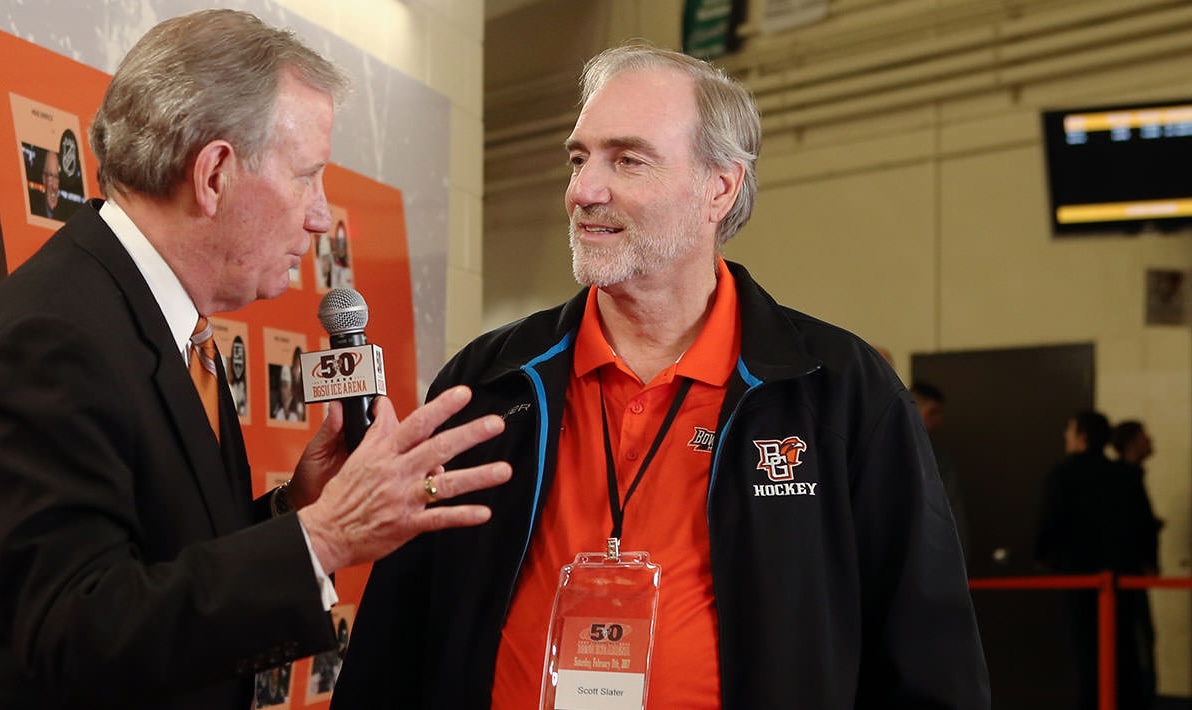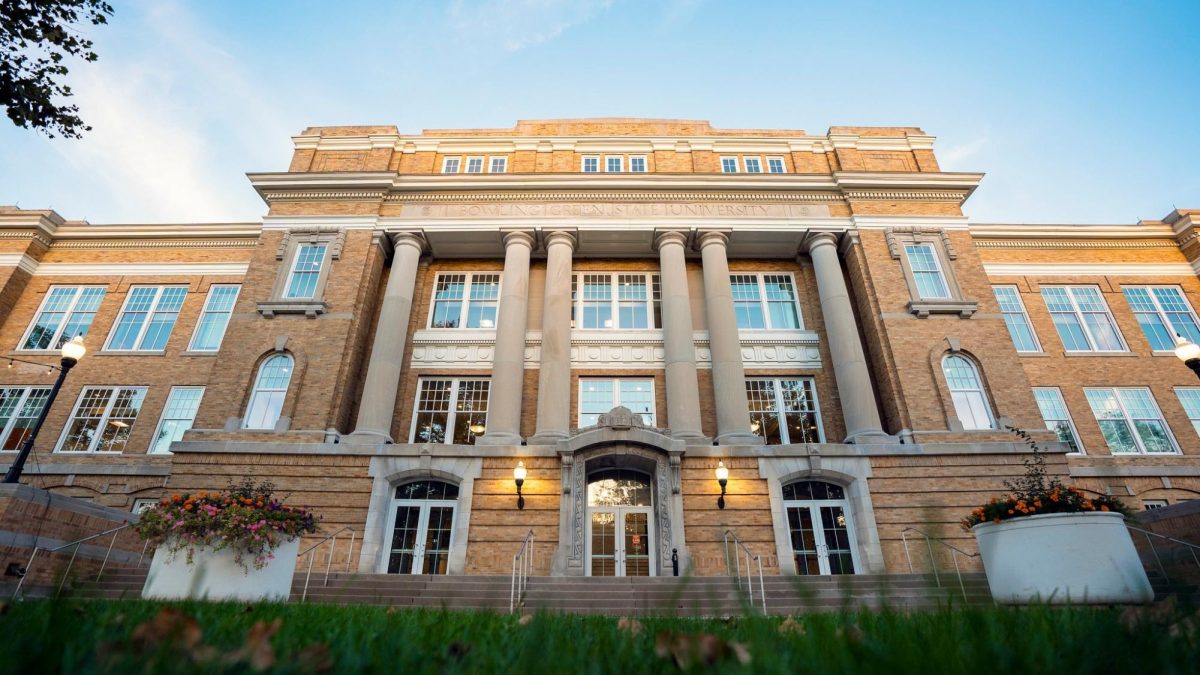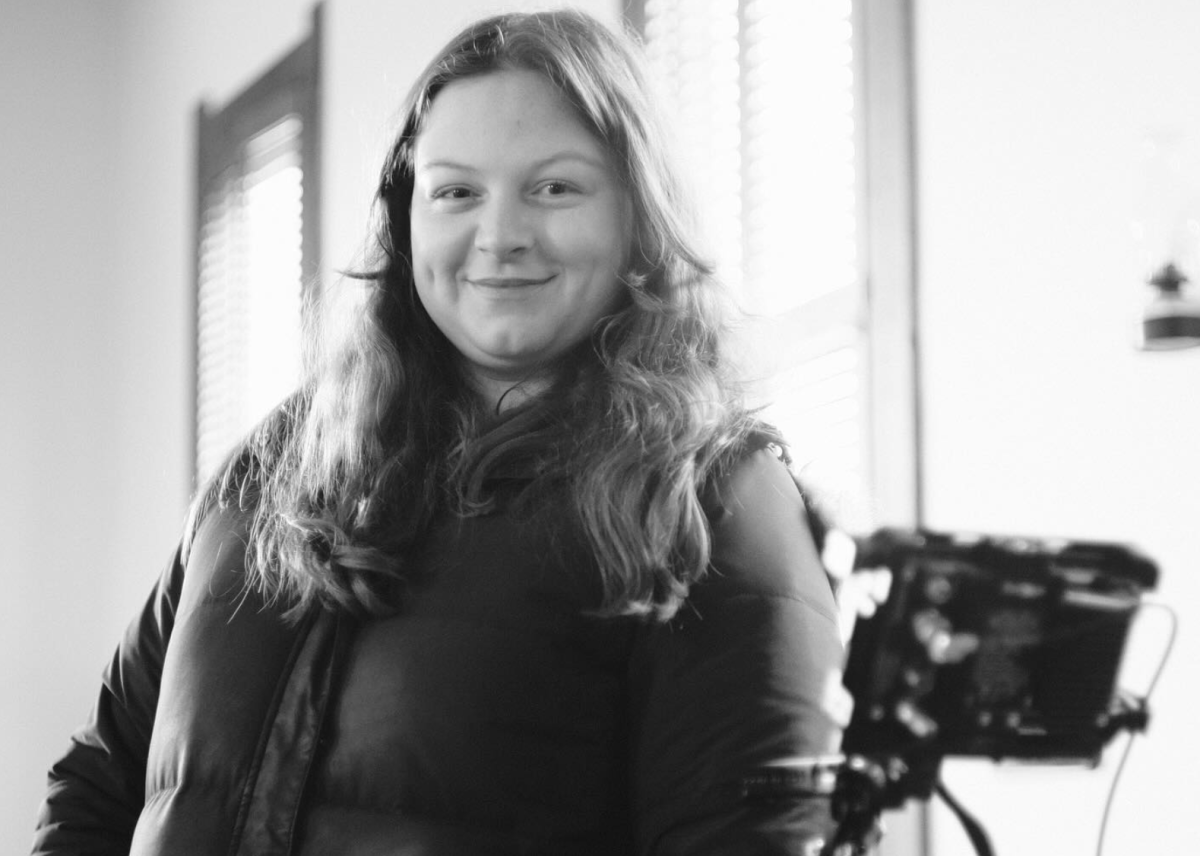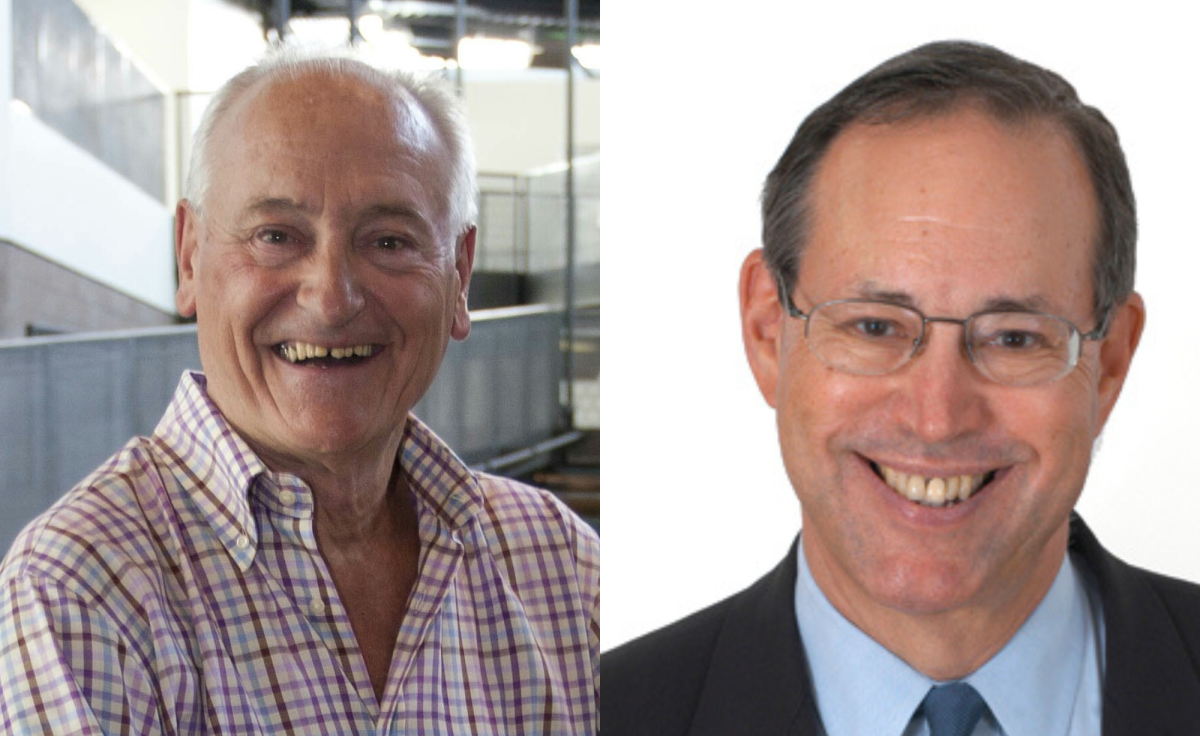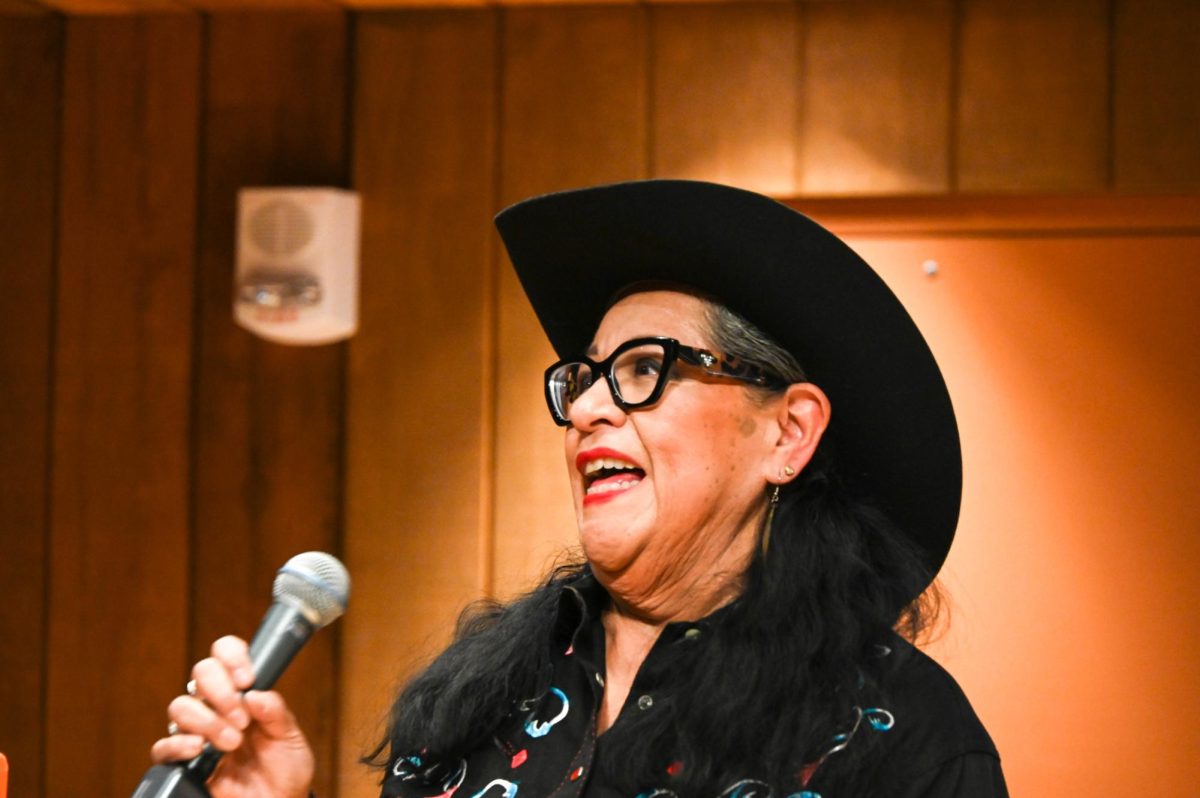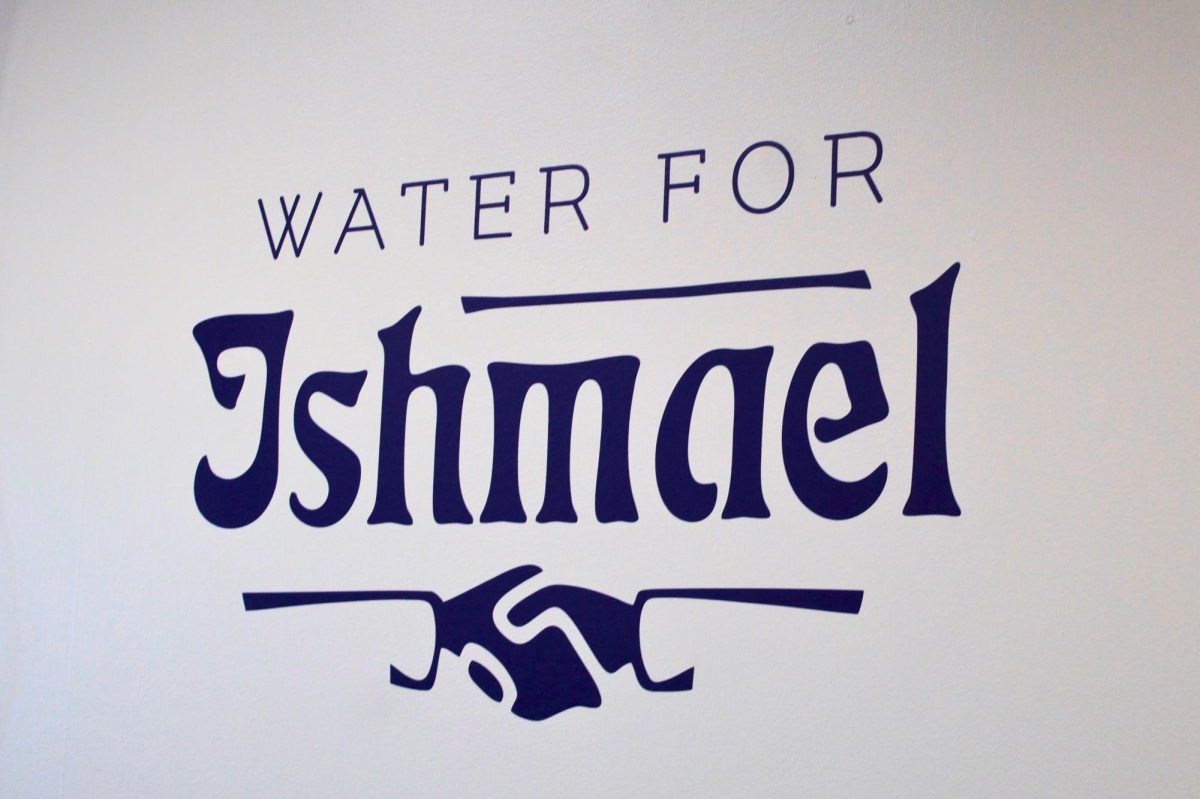January 2015 marked the seventieth anniversary since the liberation of the largest concentration camp in World War II, Auschwitz.
Holocaust survivor Leslie Schwartz spoke at the University on Thursday, discussing the “unbearable” events that occurred in concentration camps Auschwitz and Dachau.
Schwartz was born in Hungary in 1930 and became a survivor of the concentration camps as a teenager. He lost his entire family in the Holocaust.
He said, “I was only 14. I lost my freedom, family, citizenship, identity and even my name.”
Schwartz said, “The worst loss of all was simply being forgotten.”
After giving the audience background information on his journey, he showed a documentary that depicted his return to Dachau and the train of death.
The train of death was used to transport Jews to Nazi
concentration camps.
Schwartz and his family were taken from their village in Hungary on April 5, 1945.
The last time he saw his family was on the train’s ramp in Auschwitz.
Schwartz was deported to various satellite camps and described the “awful”
conditions.
He said there were 70-80 people to one wagon with no necessities or
medical attention.
“We were starving and filthy. We didn’t get anything; no toilet, no water,” he said.
Schwartz discussed the experience he had when the train of death stopped
in Poing.
He said, “Three SS men opened the train and let the prisoners go. I entered a farm yard where a woman gave me milk, bread and fresh butter.”
Schwartz said he was grateful to find comfort and freedom until he heard a solider yell “Hands up!”
“I couldn’t believe it,” Schwartz said he thought to himself, “I survived the whole war and now I’m going to die.”
Schwartz ran from the soldier but was shot in
the neck.
The bullet exited through his face.
The soldier told him to get up or he would shoot
him again.
Schwartz stood up and walked back to the wagons.
Schwartz survived the Holocaust as a teenager and came to the United States in July of 1946.
He credits his strength to three Germans that defied the hatred of the era and gave him necessities when he had nothing.
“It’s very easy to hate the people who did this to you … but for me, that was not the case. Three kind Germans spread seeds of hope in my mind and love in my heart.”
Schwartz said he often visits Dachau and greets people from around
BG-0206-WEBthe globe.
He said, “I wanted to be seen by every German as a free man.”
Schwartz summarized his surviving of the Holocaust in two words: “unimaginable miracle.”
Jen Pack, sophomore, was greatly impacted by Schwartz’s speech.
“It was definitely touching to hear his personal experience. I teared up when he talked about saying goodbye to his parents and sister. It’s crazy that people were here [in the United States], alive, and let this happen.”
Schwartz said he finds comfort in telling his story.
“There is no greater happiness and healing than connecting with young people who relate to my story,” he said.
Schwartz currently lives in Germany and is co-author of “Surviving the Hell of Auschwitz and Dachau: A Teenage Struggle Toward Freedom from Hatred.”
He said his dream is to leave a legacy of healing.


